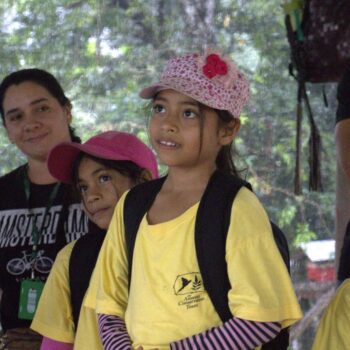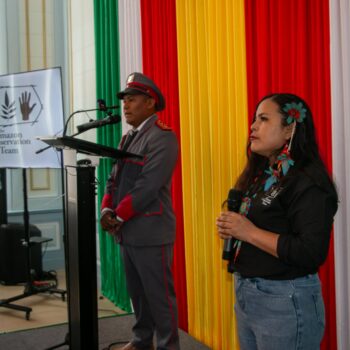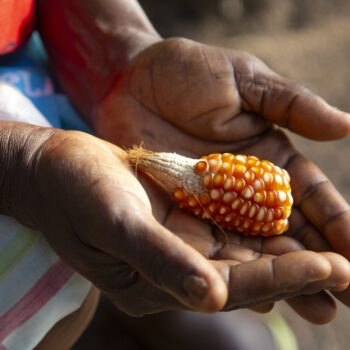Share this post
Last month, in a historic act, Colombia’s national government formally adopted the Indigenous Intercultural Health System (SISPI) as national public policy by signing Decree 480. The President signed the decree alongside representatives from the Minga Indigena and other organizations from across Colombia.
Indigenous organizations, Colombia’s Ministry of Health, and other state entities worked together for years through forums including the Standing Indigenous Consensus-Building Council to draft this decree. They designed it to recognize, coordinate, and ensure the functioning of Indigenous peoples’ own health systems while allowing them to operate alongside the national health system.
An Indigenous leader at the signing emphasized: “The SISPI is not a complement; it stands as its own system, rooted in the worldviews, rituals, practices, and caregiving traditions of Indigenous peoples. Including it as public policy represents historical justice and moves us toward territorial equity.”
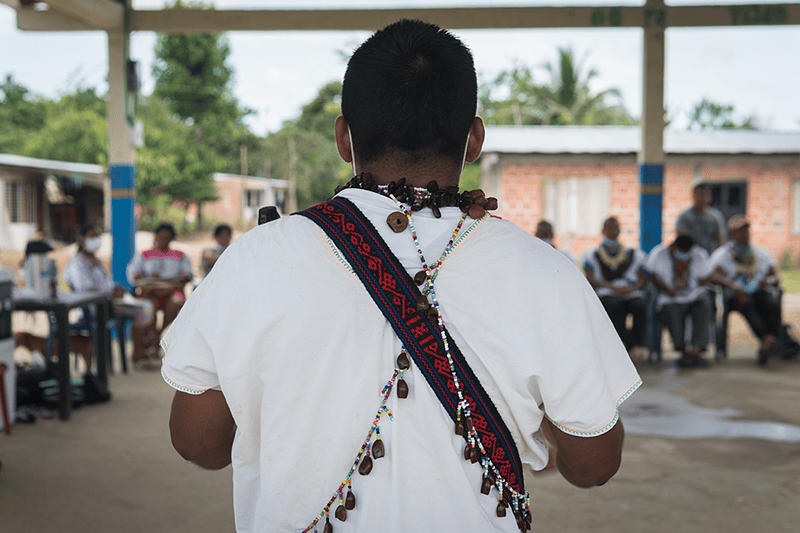
The decree sets guidelines for financing of the SISPI, institutional coordination, the recognition of traditional health authorities, and respect for Indigenous cultural practices. It also establishes evaluation and monitoring mechanisms, inviting community participation to ensure compliance.
Colombian Indigenous peoples celebrated this achievement as a concrete step toward fulfilling agreements on healthcare, territory, and autonomy with the State. They stressed that implementing the SISPI successfully will require political will, adequate resources, and technical support that respects the timelines and processes of the communities.
The Colombian government announced plans to release technical guidelines soon to support the launch of the SISPI, focusing on ensuring fulfillment of a fundamental right to health through an intercultural lens.
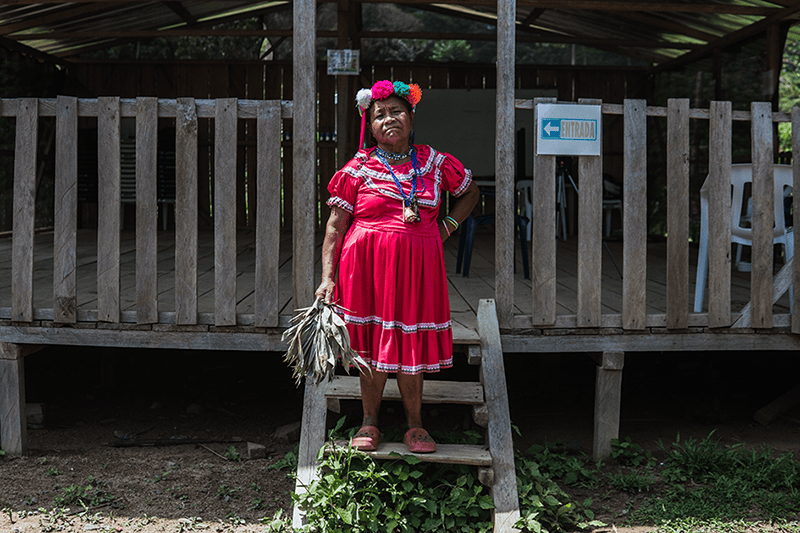
Paula Galeano, leader of the Communities and Forests – One Health program at the Amazon Conservation Team, shared:
“To turn historical demands into reality, Indigenous peoples say we must ‘bring about the dawning of the word of the spirit.’ Since 2020, ACT has supported strategic territorial actions within the SISPI framework. We provide technical and methodological guidance to develop Indigenous and intercultural health models with four Indigenous peoples in the department of Putumayo.
We also help support intercultural primary healthcare by training Indigenous and non-Indigenous health workers in the departments of Amazonas and Putumayo; building, upgrading, and equipping 11 community healthcare facilities, including one traditional medicine center in the Sierra Nevada de Santa Marta and 10 health posts in Amazonas, Putumayo, and Peru; and adapting maternity care services at the La Dorada Border Hospital to eliminate cultural barriers for Indigenous mothers.
ACT tackles territorial challenges at the intersection of health, climate change, and Indigenous peoples. In this changing, challenging context, we see ancestral knowledge as an essential guide: as our partners say, ‘there is nothing that has not been written on the tobacco leaf.’”


